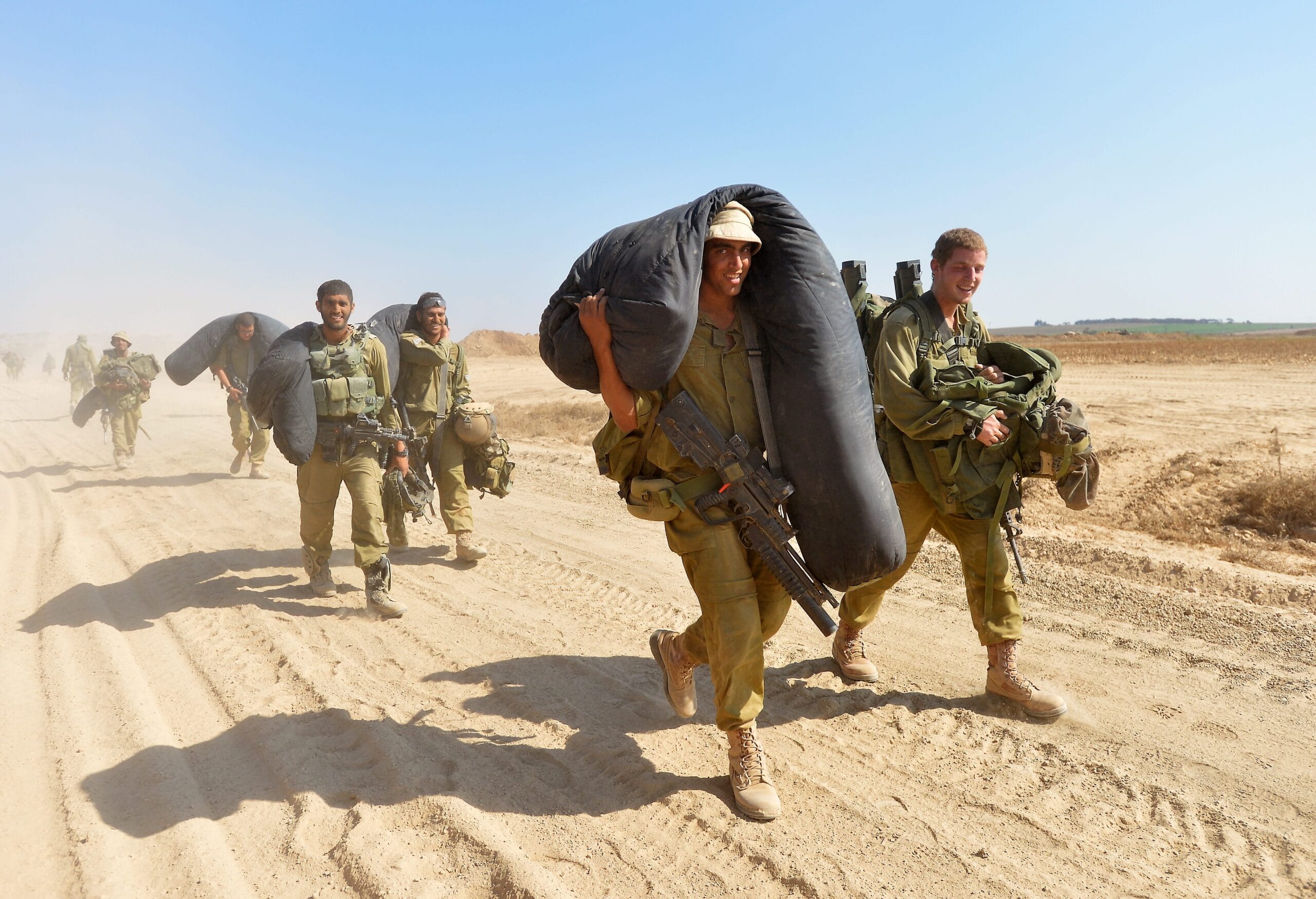The recent announcement by Hamas regarding its readiness to engage in discussions about the presence of Israeli military forces in Gaza marks a significant shift in the dynamics of the ongoing conflict. This development has sparked renewed optimism among international mediators and families of hostages, as it could pave the way for a potential agreement that addresses both security concerns and humanitarian needs.
For years, the conflict between Israel and Hamas has been characterized by a cycle of violence, retaliation, and entrenched positions. The Gaza Strip, a densely populated area, has been at the heart of this longstanding struggle, with both sides enduring heavy losses. The situation has been further complicated by the presence of hostages held by Hamas, which has become a focal point in recent negotiations.
In light of these developments, various international bodies, including the United Nations and several regional powers, have ramped up their efforts to mediate discussions. The humanitarian crisis in Gaza has reached critical levels, with reports of widespread shortages of food, water, and medical supplies. As the civilian population continues to suffer, the urgency for a resolution has never been more pressing.
The recent shift in Hamas’s stance appears to be a calculated move, possibly influenced by internal and external pressures. Analysts suggest that the group may be recognizing the necessity of finding a diplomatic solution to stabilize the region and secure essential resources for the Gazan populace. Moreover, international pressure and the growing humanitarian crisis may have played a significant role in this change.
Negotiations surrounding the release of hostages have been a complex and sensitive issue. Various countries have offered to mediate, with some proposing frameworks that involve a temporary ceasefire in exchange for the release of hostages. The flexibility shown by Hamas regarding Israeli troops could be interpreted as a willingness to engage more constructively in these discussions.
As the situation unfolds, it is essential to consider the implications of this development for both the Israeli and Palestinian populations. Many Israeli families have been directly affected by the conflict, with loved ones taken hostage during previous escalations. For them, any progress toward a resolution is a beacon of hope amidst ongoing uncertainty and fear.
On the Palestinian side, the humanitarian situation continues to deteriorate. The blockade imposed by Israel has led to significant economic challenges, exacerbating the plight of many Gazans. The possibility of easing restrictions or achieving a ceasefire could provide much-needed relief for civilians caught in the crossfire of the conflict.
International stakeholders have expressed cautious optimism regarding this development. The United States, European Union, and key Arab nations have all indicated their support for initiatives aimed at fostering dialogue and finding common ground. However, the path to a sustainable resolution remains fraught with challenges.
One of the critical factors influencing the success of any negotiations will be the internal dynamics within Hamas. The group’s leadership must navigate various factions and perspectives, some of which may be more hardline than others. The ability to maintain unity and present a cohesive front during negotiations will be crucial.
Furthermore, the role of regional powers cannot be overlooked. Nations such as Egypt and Qatar have historically served as intermediaries in the Israel-Hamas conflict. Their involvement will be essential in facilitating dialogue and ensuring that any agreements reached are upheld.
As discussions progress, the international community will be closely monitoring the situation. The consequences of these negotiations extend beyond the immediate region, as stability in Gaza has broader implications for Middle Eastern geopolitics. A successful resolution could serve as a model for addressing other longstanding conflicts in the area.
In conclusion, the recent indication from Hamas regarding its stance on Israeli troops in Gaza represents a potential turning point in the ongoing conflict. While challenges remain, this development raises hopes for a breakthrough in hostage negotiations and a pathway toward addressing the humanitarian crisis in the region. As negotiations continue, the focus will be on building trust, ensuring the safety of hostages, and ultimately achieving a lasting peace that benefits both Israelis and Palestinians.



